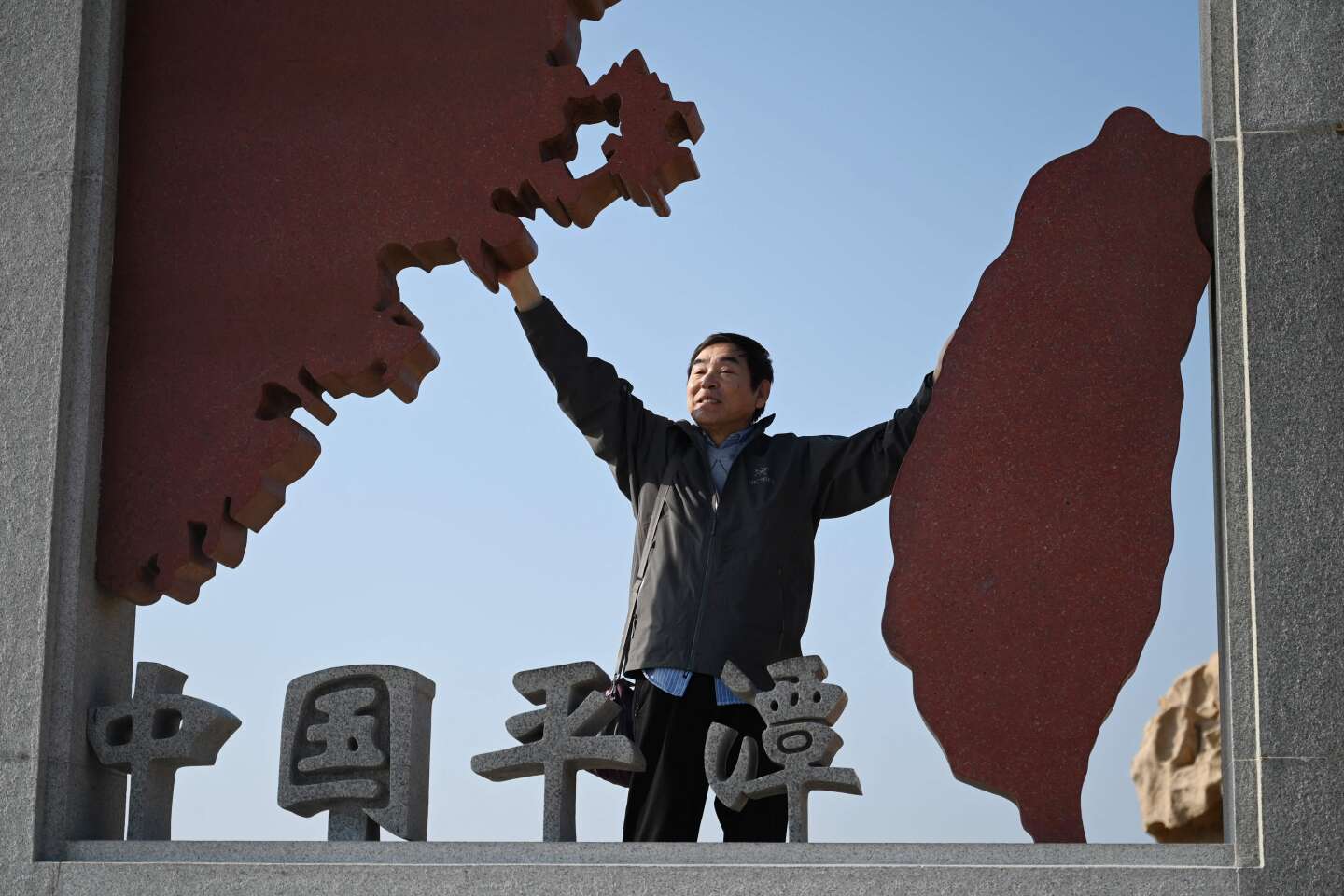


For the third time in a row, the pro-independence party has won the presidential election in Taiwan. Despite its limitations, particularly the absence of a majority in the Legislative Yuan of the Republic of China [the country's official name], this victory is a slap in the face for Beijing. Another one. The well-organized, calm and perfectly transparent election constitutes a direct ideological challenge to the Chinese regime.
The Chinese Communist Party, in its speech for internal use but also aimed at the "Global South," insists that the democratic values that have governed political life in Taiwan since the 1990s are "Western" and non-universal. However, the consistent organization of elections on the island and the possibility of peaceful transfers of power demonstrate that democratic principles are nothing foreign to the "Chinese world." For the more than 60% of Taiwanese who identify as "Taiwanese" and the more than 30% who identify as "Chinese and Taiwanese," the profoundly democratic nature of the island's political system is an important part of their identity.
Another setback for the People's Republic of China (PRC) is that the election demonstrates the ineffectiveness of its propaganda tactics and influence attempts that are part of the information war at the heart of Chinese strategic thinking and the Leninist foundations of the regime. These tactics, aimed at swaying Taiwanese voters towards the Kuomintang party, which acknowledges the "one China" principle, proved ineffective.
The Chinese regime has considerably damaged its ability to influence, including among those in Taiwan who still feel ties to the mainland. Since coming to power in 2013, Xi Jinping has made increasing provocations, aggressive actions and uncompromising statements to scuttle the "one country, two systems" principle and convince the Taiwanese to accept "unification" with the mainland. By brutally imposing the national security law in Hong Kong and prosecuting its opponents, Beijing has reduced what little chance it had of attracting an open and free society like Taiwan's.
Two closely linked economies
For Beijing, the danger lies in the potentially contagious nature of Taiwan's democratic process. On the mainland, censorship and control of the internet limit access to information, but the Chinese in the PRC know what's going on on the island. The challenge represented by electing a pro-independence president, the transparency of the democratic process and respect for the population and voters are all blows to the Chinese Communist Party's talk of omnipotence.
You have 60% of this article left to read. The rest is for subscribers only.
